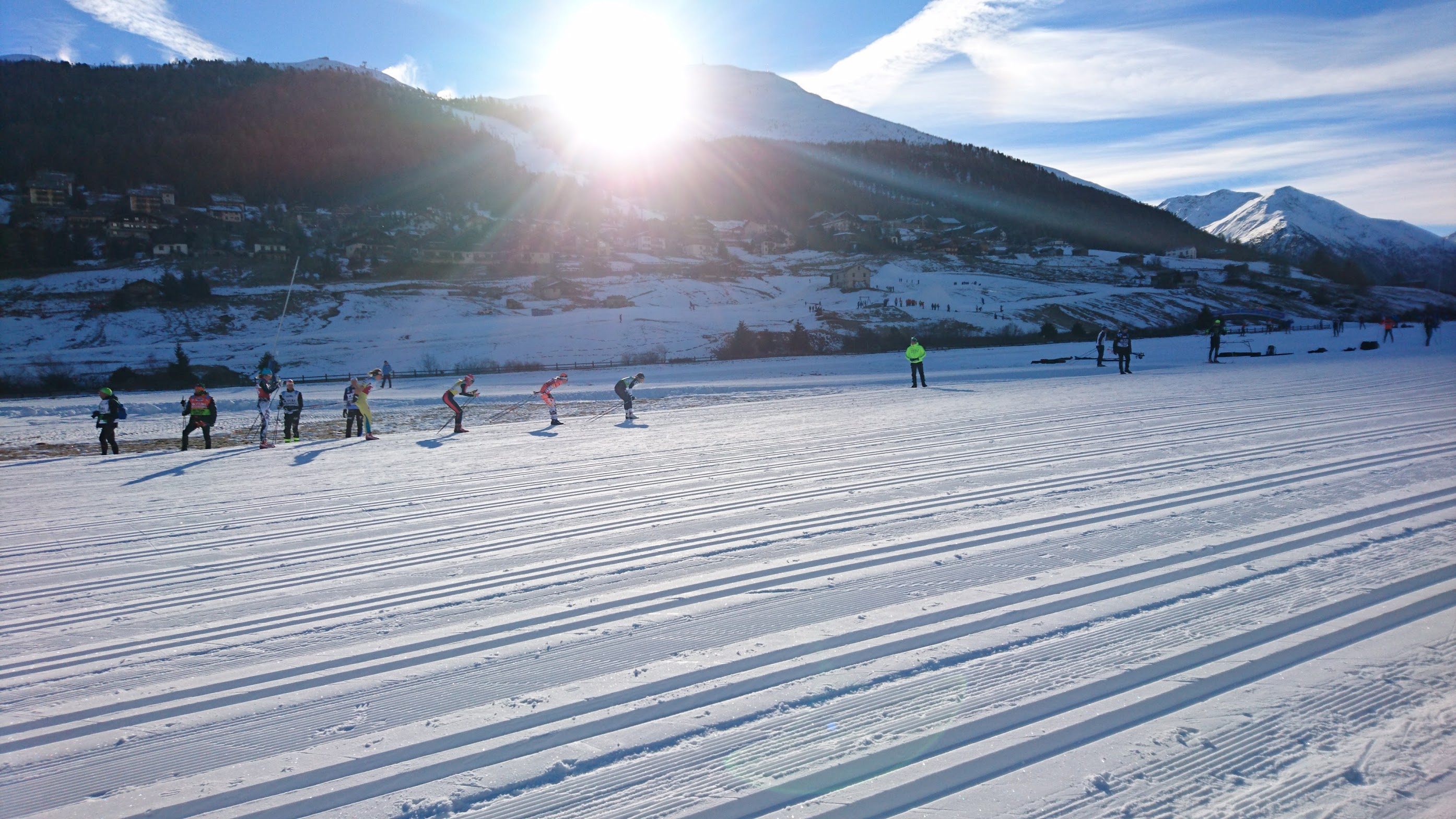
Your trainer had always told you to “try harder to get better”
What she/he, probably, did not add is “…and to live longer”
Now the good scientists of the Brigham Young University are filling that gap by formally declaring thus:
“…you may be able to slow one type of aging — the kind that happens inside your cells. As long as you’re willing to sweat.”
The key findings of the study, lead by Exercise science professor Larry Tucker are as follow:
– Adults with high physical activity levels have telomeres with a biological aging advantage of nine years over those who are sedentary, and a seven-year advantage compared to those who are moderately active.
– To be considered highly active, women had to engage in at least 30 minutes of jogging per day (40 minutes for men), five days a week.
– There was no significant difference in telomere length between those with low/moderate physical activity and the sedentary people.
Telomeres are the nucleotide endcaps of our chromosomes. They’re like our biological clock and they’re extremely correlated with age; each time a cell replicates, we lose a tiny bit of the endcaps. Therefore, the older we get, the shorter our telomeres.
“If you want to see a real difference in slowing your biological aging, it appears that a little exercise won’t cut it,” Prof. Tucker adds “You have to work out regularly at high levels.”
source: https://news.byu.edu/news/research-finds-vigorous-exercise-associated-reduced-aging-cellular-level
We could only add: ” and if you were to replace 3 hours of jogging per week with 3 hours of active skiing, not only your telomeres would be vigorous and happy, but you joints too.
Related Posts
- Let’s talk about Zihi. Because their motto is Best training plan is one you can do – and we dig that attitude
- Jasmi Joensuu: Going to Denver Was Best Decision I Made
- Yelena Vyalbe: For Olympics 2026 We Will Prepare In Caucasus Mountains Rather Than Alps
- Daily Skier At Oberstdorf 2021: Norway & Fancy Tech
- What Gear Finnish Teenage Sensation Niilo Moilanen Is Using
